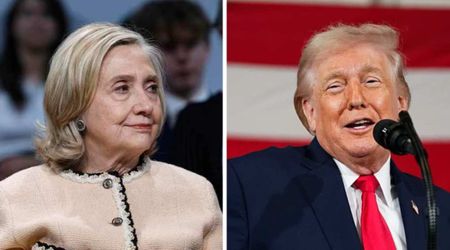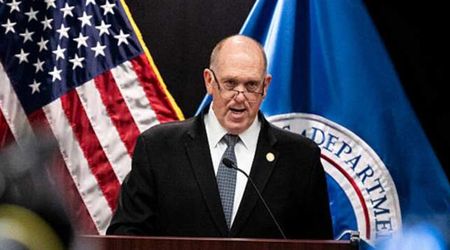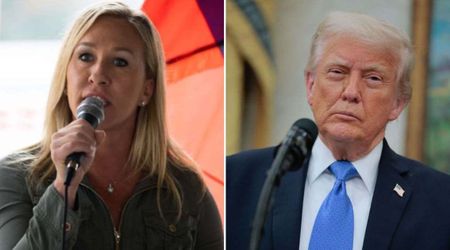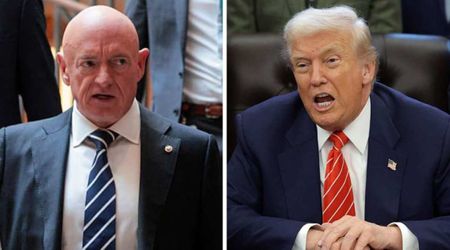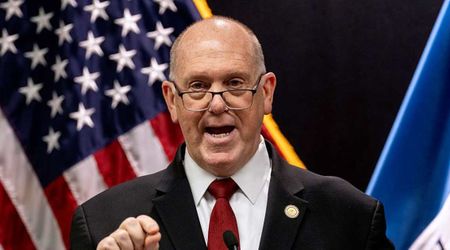TikTok ban: 5 things you need to know about landmark bill as the House waits for Senate’s decision
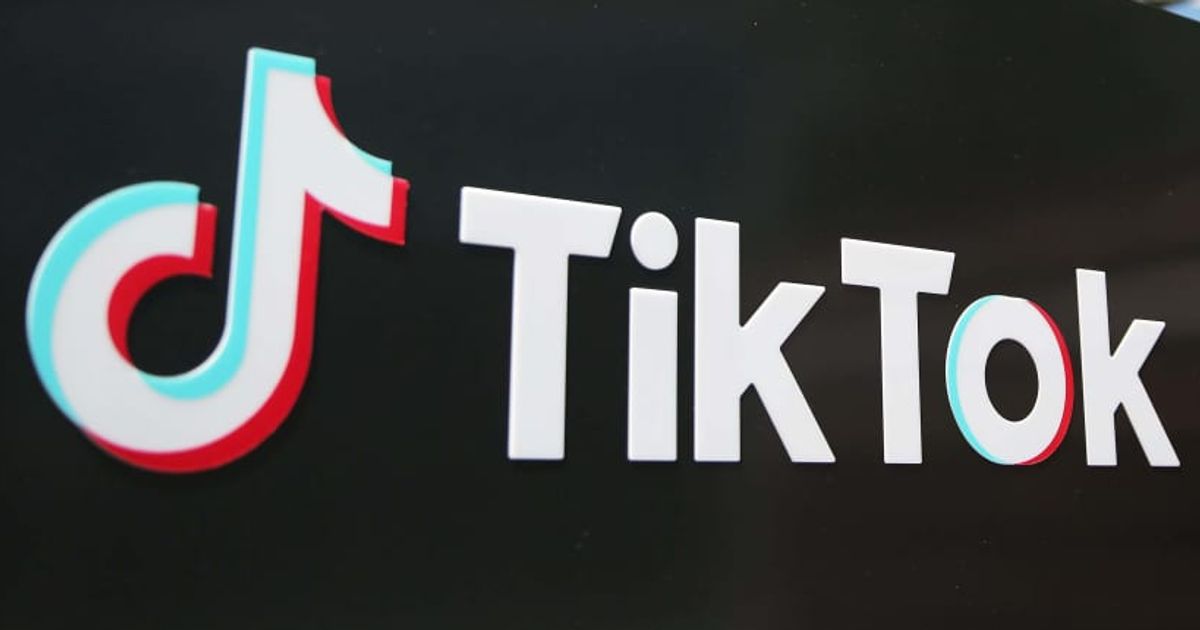
5 things you need to know about the TikTok ban bill

On Wednesday, March 13, the House of Representatives passed a bill that obligates ByteDance, the owner of TikTok, to divest itself from the social media platform or face a complete ban in the United States. The legislation has now advanced to the Senate, where the chances of it getting passed are uncertain.
The bill secured overwhelming bipartisan support in the House, with 352 members of Congress voting in favor, while only 65 voted against it. The app's potential ban in the US could affect its 170 million active American user base. The proposed bill's passage in the House signals the need to address TikTok's potential national security risks and could initiate discussions on how to regulate social media platforms further.
1. Is the US attempting to outlaw TikTok, and if so, why?

The legislation that was passed in the House of Representatives on Wednesday is the latest episode in an ongoing political conflict surrounding the platform. TikTok's meteoric rise alarmed some policymakers, who voiced concerns about its China-based parent company potentially collecting sensitive user data and censoring content that goes against the Chinese government's interests. TikTok has repeatedly stated that it has not and would not share US user data with the Chinese government; however, some lawmakers' worries were amplified by news reports that showed China-based ByteDance employees accessing non-public data about US TikTok users. Several measures to monitor TikTok and how it deals with US user data have been proposed in Congress over the past year, culminating in the bill being approved by the House of Representatives on Wednesday.
2. Is TikTok truly being banned by this bill?

According to the newly proposed legislation, ByteDance, the parent company of TikTok, would be required to divest from the social media platform within 165 days. The divestment would be required to be made to a non-Chinese entity. Failure to do so would result in legal restrictions being imposed on app stores such as the Apple App Store and Google Play, which would be prohibited from hosting TikTok or other ByteDance-controlled applications on their platforms. Proponents of the proposed legislation contend that it does not amount to a ban, as ByteDance is afforded the opportunity to divest itself of TikTok, thereby avoiding the prospect of being blocked in the United States. TikTok has counterargued that the "legislation has a predetermined outcome: a total ban of TikTok in the United States. The government is attempting to strip 170 million Americans of their constitutional right to free expression. This will damage millions of businesses, deny artists an audience, and destroy the livelihoods of countless creators across the country.”
3. How did the case against TikTok get to this point?

Over the past few years, TikTok has been the subject of numerous bans and attempted bans. In 2020, then-President Donald Trump issued an executive order that sought to ban the app, but it was ultimately blocked by courts on the basis of First Amendment rights. Now, President Joe Biden has indicated that he would sign a bill banning the app if it were to reach his desk. In 2023, Montana attempted to implement a statewide ban on the app, but the law was struck down by a federal judge on the grounds of First Amendment violations. Additionally, the app has been banned on government-issued phones in the United States since 2022, and since 2023, at least 34 states have also banned TikTok from government devices.
4. How would a TikTok ban be implemented?

Due to the decentralized nature of the Internet, implementing a ban on a specific application can be a multifaceted undertaking. The recently passed bill by the House would impose daily penalties on app stores for providing access to TikTok, but it would be a challenging task to prevent individual usage. In addition, Internet service providers could be compelled to block IP addresses associated with TikTok, but users can bypass this restriction using a virtual private network (VPN). To effectively restrict access to TikTok, the US government would have to resort to methods that are commonly employed by countries like Iran and China, where the internet is structured in a way that makes enforcing content restrictions easier.
5. What's next for TikTok in the US market?

Although President Biden has confirmed his willingness to sign the bill, its passage in the Senate is far from certain. The timing of the vote is also unknown, but TikTok is expected to intensify its lobbying efforts in Washington as the bill moves forward. On March 20, Wednesday, CEO Chew is scheduled to appear before Congress to speak with senators, further highlighting the intense scrutiny that the app is currently under. Even if the bill were to pass, it is likely to face significant challenges on the grounds of free speech, similar to those that prevented similar legislation from moving forward in the past. Despite the opposition to the bill from some lawmakers and civil rights advocacy groups, many Republicans and Democrats are pushing forward with the efforts to ban TikTok or force its sale to an American company.

